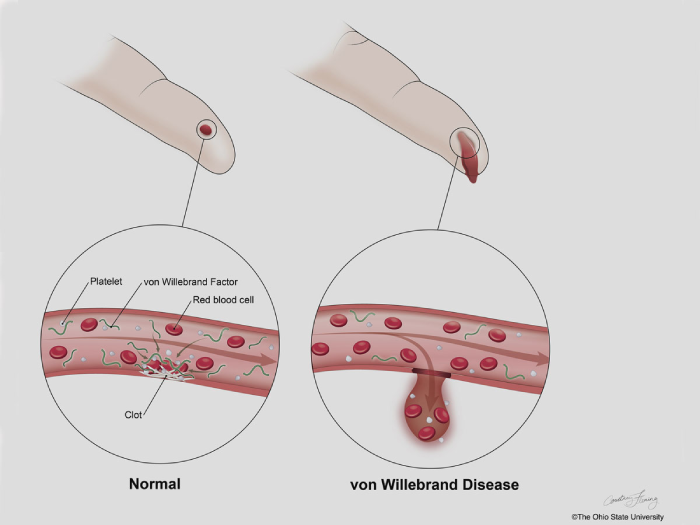Exploring NO Precursors for Donor Recovery and Vascular Resilience
This comprehensive review examines the critical role of nitric oxide (NO) and its precursors, particularly L-arginine, in vascular regulation and health. The analysis draws from experimental research in animal models and explores the implications for blood donors facing physiological challenges such as repeated donation and oxidative stress.
Nitric oxide serves as a vital mediator of vascular function, contributing to vasodilation, blood flow regulation, and thrombosis prevention. L-arginine, as a primary precursor of NO, is crucial for maintaining endothelial integrity, modulating mitochondrial function, and reducing oxidative damage.
The review synthesizes data on L-arginine supplementation’s effects on mitochondrial respiration, lipid peroxidation, and microsomal oxidation under various conditions, including age, gender, and dietary interventions. It investigates the mechanisms by which L-arginine enhances NO production, improves vascular elasticity, and alleviates endothelial dysfunction caused by reduced NO bioavailability.
By integrating experimental findings with existing literature, this review offers insights into the potential of L-arginine supplementation for addressing the specific physiological needs of blood donors. It emphasizes the importance of personalized nutritional approaches in enhancing donor recovery and vascular resilience.
The article also assesses the broader implications of L-arginine supplementation in mitigating oxidative stress and preserving vascular function. It highlights the interplay between NO bioavailability, dietary factors, and physiological adaptation in blood donors, while identifying knowledge gaps and suggesting future research directions.
This review presents both original experimental evidence and a critical synthesis of the literature, underscoring the therapeutic potential of NO precursors, particularly L-arginine, in promoting vascular health within the context of blood donation.
Commentary by SuppBase columnist Alice Winters

This comprehensive review on L-arginine’s role in vascular health and blood donation offers a wealth of information that warrants closer examination. As a supplement and health product commentator, I find several aspects of this research particularly intriguing and worthy of further discussion.
First and foremost, the focus on L-arginine as a precursor to nitric oxide (NO) is timely and relevant in the current health supplement market. With the growing interest in cardiovascular health and performance enhancement, L-arginine supplements have gained significant popularity. However, this review goes beyond the typical marketing claims, providing a scientifically grounded exploration of L-arginine’s physiological effects.
The emphasis on blood donors as a specific population of interest is a novel approach. While much research has been conducted on L-arginine’s benefits for cardiovascular health in general, few studies have targeted the unique challenges faced by blood donors. This specificity adds value to the research and opens up new avenues for targeted supplementation strategies.
From a formulation perspective, the review’s findings on L-arginine’s effects on mitochondrial function and oxidative stress reduction are particularly noteworthy. These insights could potentially lead to the development of more sophisticated L-arginine-based supplements that are specifically tailored to combat the oxidative stress associated with blood donation.
However, it’s important to note that while animal models provide valuable insights, human trials would be necessary to confirm these effects in blood donors. The review acknowledges this limitation, which is commendable from a scientific standpoint.
The discussion on personalized nutritional approaches is especially relevant in today’s supplement market. As consumers become more aware of individual differences in nutritional needs, there’s a growing demand for tailored supplement regimens. The review’s emphasis on factors such as age, gender, and dietary interventions aligns well with this trend and could inform future product development in the personalized nutrition space.
From a safety perspective, it’s crucial to note that while L-arginine supplementation shows promise, more research is needed to establish optimal dosages, especially for specific populations like blood donors. The review doesn’t delve deeply into potential side effects or contraindications, which would be valuable information for consumers considering L-arginine supplementation.
The environmental impact of L-arginine production and supplementation is not addressed in this review. As sustainability becomes an increasingly important factor for consumers, future research and product development in this area should consider the ecological footprint of L-arginine supplements.
In terms of market trends, the focus on vascular health and oxidative stress reduction aligns well with current consumer interests. However, the highly technical nature of this review might be challenging for the average consumer to interpret. There’s an opportunity here for supplement brands to translate these scientific findings into more accessible marketing messages and product formulations.
The review’s exploration of the interplay between NO bioavailability, dietary factors, and physiological adaptation is particularly fascinating. It suggests that L-arginine supplementation might be most effective when combined with other dietary interventions, opening up possibilities for comprehensive “vascular health” supplement blends.
Lastly, the identification of knowledge gaps and recommendations for future research is valuable not only for the scientific community but also for forward-thinking supplement companies. These gaps represent opportunities for innovation in product development and clinical research.
In conclusion, this review provides a solid scientific foundation for the potential benefits of L-arginine supplementation, particularly in the context of blood donation. It offers valuable insights for both the supplement industry and health-conscious consumers, while also highlighting the need for further research to fully understand the optimal use and benefits of L-arginine supplementation. As the supplement market continues to evolve, research like this will be crucial in developing evidence-based, targeted nutritional solutions for specific health needs.



